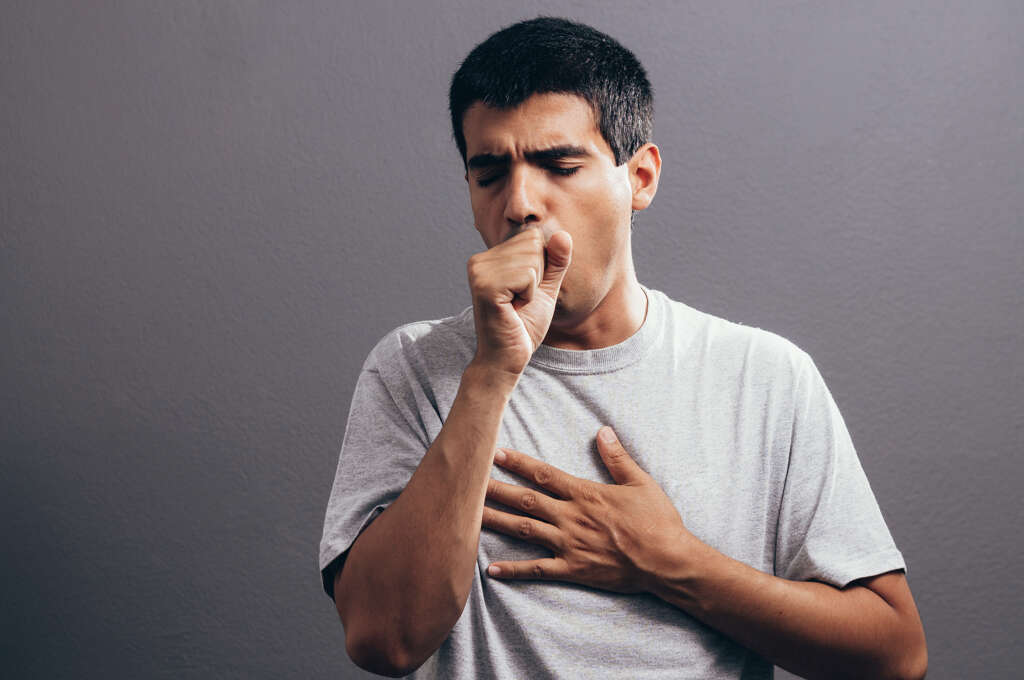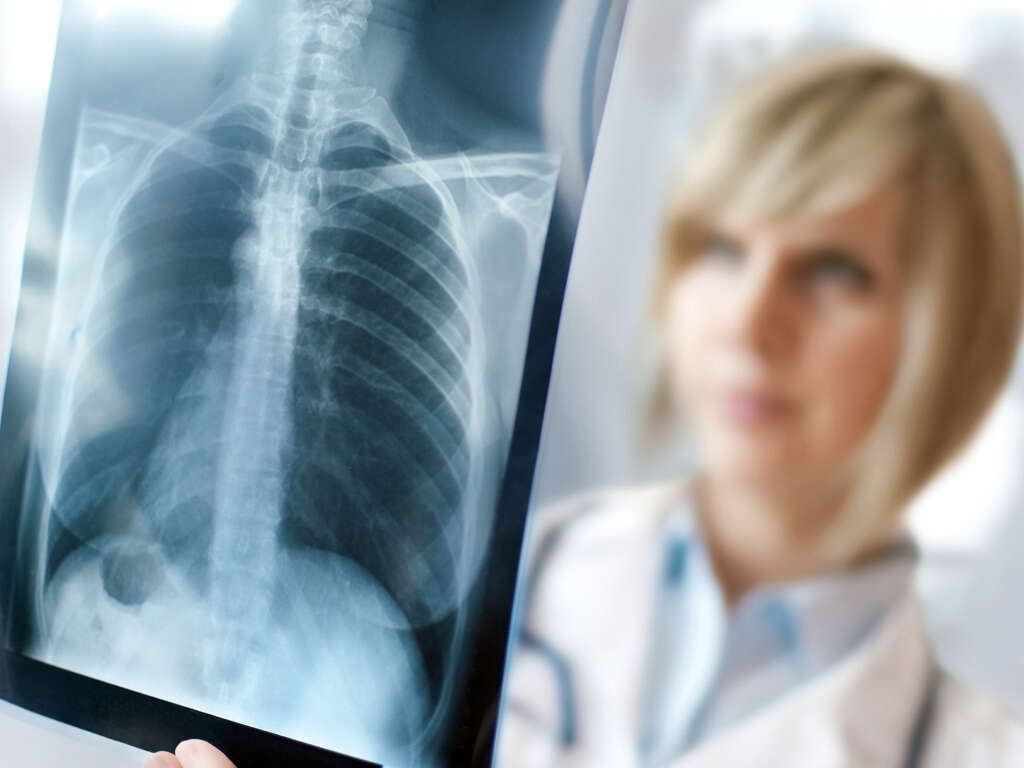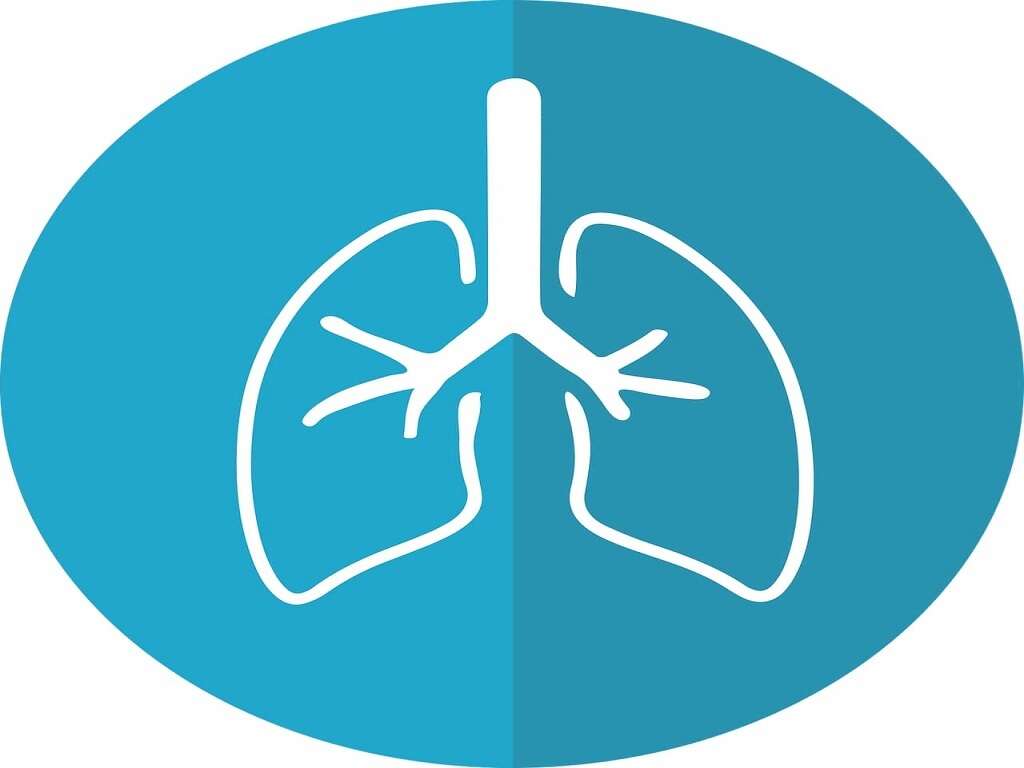What Is Aspiration Pneumonia?
If we stopped breathing, then we would die. This simple fact means that our lungs are one of the most important organs in our bodies. Some of our lifestyle choices can result in our lungs not functioning as well as they usually would, however.
This includes things like smoking cigarettes, while being in a polluted environment is also going to increase our chances of developing problems with our lungs. Some other factors can cause more severe breathing problems that can be a direct threat to the patient’s life. Some people can develop aspiration pneumonia, which can be very dangerous if it is not treated in time.

1. Aspiration Pneumonia?
Our lungs are constantly expanding and collapsing in a cycle that never stops until the day we die. This action is essential to us because it allows us to breathe in fresh air that contains oxygen that we need to survive. It also allows us to exhale waste gas products like carbon dioxide.
As we inhale, it is inevitable that unwelcome particles will be inhaled also. This is not usually a problem as these particles will usually be exhaled again, or dealt with by our immune system. Aspiration pneumonia is a condition where larger particles are inhaled that cannot be dealt with, and these can result in an infection.

2. Causes
Most of us have experienced times when food has gone down the wrong tube. This is usually coughed back up again before it can do us any harm. This is not always the case, however, meaning the food can end up in our lungs. This food may contain a lot of bacteria, and this can lead to an infection in the lungs, which is commonly known as pneumonia. Other particles other than food can also be responsible.
Aspiration pneumonia tends to happen in people that have some form of impairment. These can include throat cancer and disorders of the esophagus. Some neurological disorders can result in the problem, as can a weakened immune system. Dental issues might also lead to aspiration pneumonia, as can substance abuse.

3. Chest Pain
A common symptom of aspiration pneumonia is a pain in the chest, which would be down to inflammation in the lungs. The pain is also likely to get considerably worse as the patient breathes and coughs. The pain can make it difficult for the patient to breathe altogether.
Patients with aspiration pneumonia are also likely to be wheezing as they struggle to breathe, and they can also start to turn blue as their bodies are not getting enough oxygen. The symptoms can also make it very difficult for them to swallow. These symptoms can be dangerous so the patient should be found medical attention if you have not done so already.

4. Fatigue
Pneumonia is a serious condition and is going to be very taxing on the patient. The immune system will have to work hard on dealing with the infection and this means that a lot of oxygen and nutrients will be used by the immune system. It can leave the patient feeling tired all day long, even if they are able to rest well.
Another problem is that the patient will often be working hard to breathe, and a lack of oxygen can mean the body struggles to make energy for itself. Plus, the patient might be having difficulties sleeping which is only going to exasperate the problem further.

5. Cough
Patients with aspiration pneumonia are also likely to develop quite an unpleasant cough. The cough is likely to be dry and it can be quite painful. What’s more is that they may also cough up a thick green sputum that has a foul odor. The patient might even cough up blood, which is a symptom that is to be concerned about.
What’s more is that the patient is also likely to have bad breath. This is because the bacteria in the lungs will be producing a lot of foul smelling gases which are then exhaled. If you do have a cough that persists then you should arrange to speak with your doctor.

6. Appetite Loss
Aspiration pneumonia is going to make the patient feel really quite ill. As is so often the case, this means the patient is unlikely to feel like eating. Eating can also be made more difficult for the patient because of difficulty swallowing and other symptoms they are experiencing.
No matter how little the patient feels like eating it is very important that they still take on the nutrients that they need. This is because the immune system will need to be well fed so it can continue to fight against the infection. Soft foods may be easier for the patient to eat if eating is too difficult for them otherwise.

7. Fever
The immune system will react to aspiration pneumonia in much the same way it will react to other types of infection. The immune system has some standard tools in its belt that are used often, and one of these is to raise a fever. This helps to make their host a more hostile environment, making it harder for the invaders to survive.
Fevers are not usually dangerous but they can be in some cases, especially in people that are particularly vulnerable. The patient is also likely to develop an increase in their rate of heartbeat as the heart tries to work harder to supply the body with oxygen. Patients will also often experience excessive sweating.

8. Risk Factors
Anybody can experience aspiration pneumonia, but it is very unlikely to happen in most people. This is because our bodies have mechanisms in place that help prevent food and other unwanted items from making it into our lungs. People who are most at risk include those who have problems with this mechanism.
This generally means people that have some kind of impairment when it comes to swallowing. It can be people that have dementia and people that have had a stroke. Some neurological conditions can also cause the problem. One of the more common conditions that can result in aspiration pneumonia is reflux, which is also known as heartburn.

9. Diagnosis
Initially, a medical professional would look for typical symptoms of pneumonia during an exam. This will mean looking for some of the symptoms already mentioned, and using a stethoscope to look for a crackling sound coming from the lungs. If the patient’s symptoms do suggest pneumonia, more tests will likely be carried out to help confirm the diagnosis.
Tests carried out will likely include a bronchoscopy which will allow medical professionals to see inside your trachea and lungs. They can test your sputum for bacteria, as well as carrying out blood tests. Scans and x-rays of the chest area may also be carried out.

10. Treatment
How the condition is treated will vary according to the severity of the condition. In cases of bacterial pneumonia, antibiotics will be prescribed to help tackle the underlying cause. In the milder cases, pneumonia can be enough to deal with the condition. At other times, however, it may be necessary to hospitalize the patient.
In some cases, an aspirator may be needed in order to ensure the patient gets the oxygen that the need. Steroids can also be used to help reduce inflammation in the lungs. In some cases, surgery may be needed, such as to install a feeding tube.












